What are the biggest languages in the world? We got curious and checked which languages have the most speakers in the world. Here is the list of the ten largest languages in the world. Are any of the languages on the list surprising?
Table of contents
How many languages are there?
There are many thousands of languages in the world and it is difficult to determine the exact number, as it depends, for example, on the definition of language and dialect. The language catalogue 'Ethnologue' lists 6909 languages in the world. Impressive, isn't it?
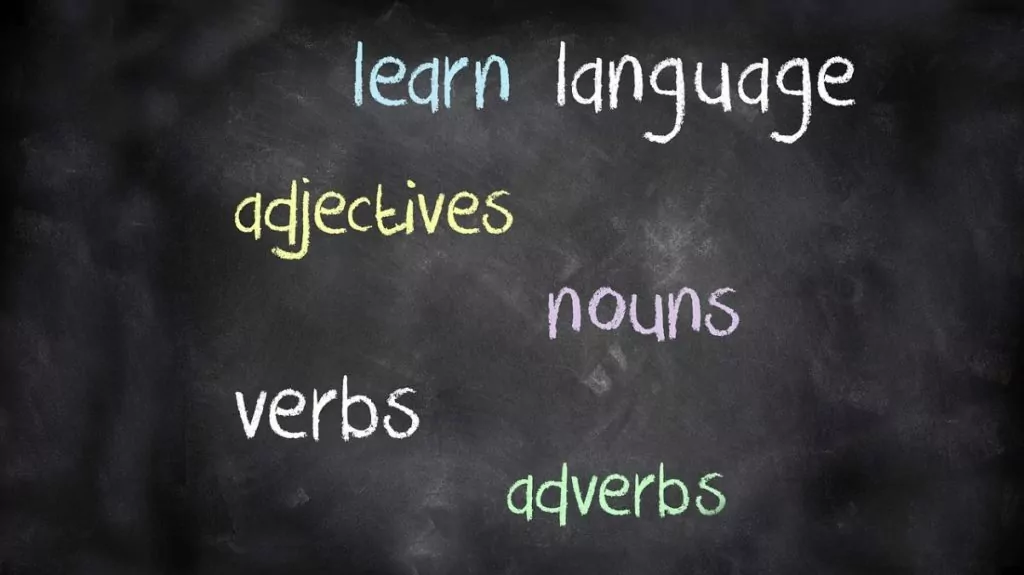
The world's largest language
When we talk about the world's major languages, we mean the languages with the most people. native speakers. The figures for the number of speakers differ slightly in different sources, and we have used the 2015 figures from Ethnologue.
World's largest languages, from 10 to 1
Here we list the world's largest languages, starting at number ten. So number 1 is by far the largest language in the world. We can also reveal that German comes in at number 11, with 78 million speakers.
10th Punjabi
Punjabi is spoken by around 88.7 million people, mainly in the state of Punjab in India and the province of Punjab in Pakistan. Punjabi is used, among other things, by the Sikh community and in the Bhangra musical form. Although Punjabi is the largest language in Pakistan and is used by 44 per cent of the population, it is not an official language in the country. Instead, the official language is Urdu.
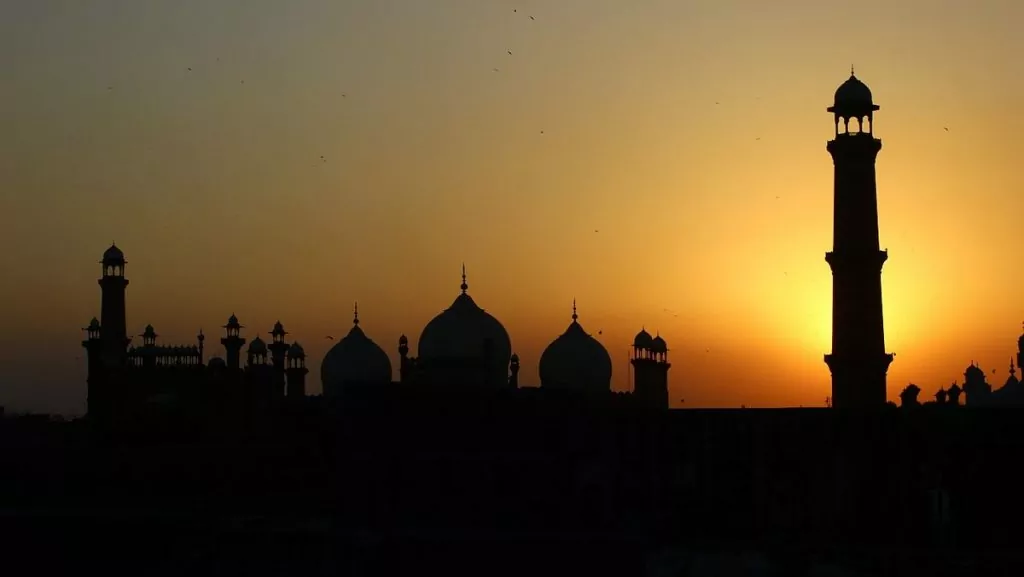
9. Japanese
Japanese is spoken by about 128 million people, which is mainly the population of Japan. Japanese is the official language of the country and is divided into two dialects: East Japanese and West Japanese. The language is considered to belong to the Japanese language family, which also includes the Ryukyu languages, spoken on the Ryukyu Islands in the East China Sea.

8. Russian
Around 166 million people speak Russian, making it one of the largest languages in the world. The language is mainly spoken in Russiabut partly also in other former Soviet republics such as Moldova and Kazakhstan, Ukraine, Belarus, Georgia and the Baltic countries. As many have emigrated, there are also large Russian-speaking communities in Israel and Germany, among others.

7. Bengali
The Bengali language is spoken by around 189 million people, mainly in Bangladesh and the Indian states of West Bengal and Tripura. There are also native Bengali speakers in the Indian states of Assam, Jharkhand and the Andaman and Nicobar Islands, as well as in Nepal. The most famous Bengali writer is Rabindranath Tagore, who won the Nobel Prize for Literature in 1913.

6. Portuguese
An estimated 203 million people speak Portuguese. They live in Portugal (about 10.3 million inhabitants) and in several other countries around the world such as Brazil, Angola, Cape Verde, East Timor, Guinea Bissau, Macao, Mozambique, Equatorial Guinea and São Tomé and Príncipe. The language spread around the world in the 15th and 16th centuries, when Portugal had a large colonial empire.

5. Arabic
Arabic is spoken by around 242 million people in many different countries in North Africa and the Middle East. Countries where Arabic is spoken include the United Arab Emirates, Saudi Arabia and Syria, Egypt, Morocco, Lebanon, Sudan, Iraq and Yemen. Arabic differs from country to country and is roughly divided into three main varieties: modern standard Arabic, classical Arabic and dialects.

4. Hindi
Hindi is spoken by around 260 million people, mainly in the central and northern parts of India. With its 1.3 billion inhabitants, India is a huge country with many official languages. However, Hindi is arguably the most important official language in the country. It belongs to the Hindustani language family, along with, for example, Urdu, which is spoken in Pakistan.

3. English
Around 335 million people are native speakers of English, making it the third largest language in the world. Most native English speakers live in the USA, Australia and the UK, Ireland, Canada and New Zealandbut also in countries such as India and South Africa.
As well as being the mother tongue of many people in the world, English is the world's most widely spoken language, often acting as the "lingua franca", i.e. a language that can be used when people have different mother tongues.

2. Spanish
Spanish is spoken by 399 million people, across South America and in Europe. Spain and the United States. Spanish is an official language in Argentina, Bolivia, Chile, Costa Rica, Cuba, Dominican Republic, Ecuador, Equatorial Guinea, El Salvador, Guatemala, Honduras, Nicaragua, Panama, Paraguay, Peru, Puerto Rico, Spain, Uruguay and Venezuela. The language came to the American continent during Spanish colonisation in the 16th century.
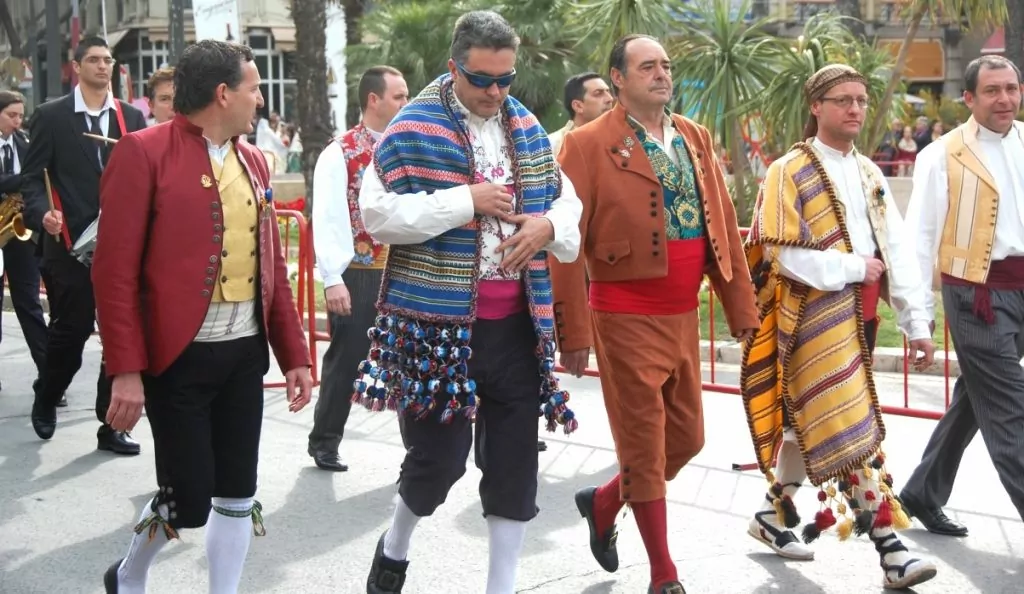
1. World's largest language: Mandarin (Chinese)
Mandarin, a group of Chinese dialects, is spoken by 848 million people worldwide. They live mainly in China and in Taiwan, but also in Singapore, Indonesia and Malaysia. Mandarin is also spoken by Chinese emigrants all over the world. The Mandarin language can be divided into a number of different dialects, which differ linguistically in several ways.

Do you speak one or more of the world's major languages?
Do you speak one or more of the world's major languages? Or would you like to learn one of them? We speak English and have also studied some Spanish and Russian. Unfortunately, we don't speak any of these languages, but some knowledge of the languages can still help!










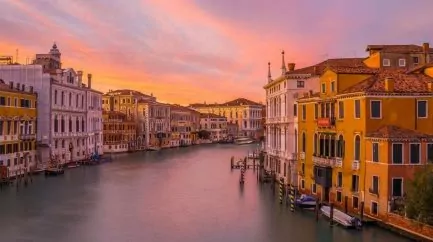

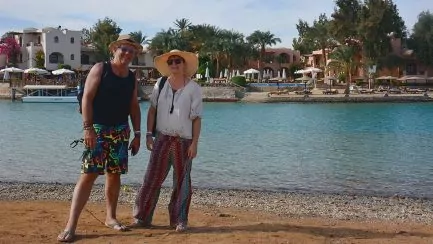
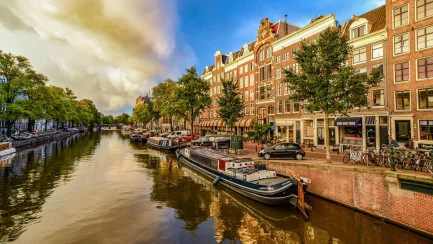



Memoirs of Mary says:
English, and decent Spanish if I can get my feet wet first and maybe brush up on some grammar? I understand some (Angolan) Portuguese through work, a few words in Arabic (would like to learn more) and tried to learn Russian but gave up.
01 May 2019 - 7:48
Helena says:
You have given yourself in all possible languages! 🙂 Fun! And useful!
01 May 2019 - 9:52
Ama de casa says:
Interesting post!
What I don't realise is that in my time you only had French and German to choose from as extra languages at secondary school, they are not even on the list there... I haven't had much use for my (now kind of forgotten) French. Spanish would have been better, I've been to 15 of the countries that have it as an official language, and Spanish wouldn't be bad at home now either,
Oh well. I do speak the language that works "best" everywhere - charades 😀.
01 May 2019 - 8:39
Helena says:
I studied French first, but switched to Spanish when we had the opportunity in high school. I think I've benefited from knowledge of both languages, even though I don't speak either of them... Charades are always useful too! 🙂
01 May 2019 - 9:54
Lena in Wales says:
I find this very interesting as a linguist.
Some languages were obvious, others a bit surprising.
Speaks English and Spanish. I don't speak Portuguese, but I understand some of it because I speak Spanish and French, and a lot can be derived from the Latin languages.
I once learnt the basics of Russian, but other things got in the way, so I didn't do much with it.
It would be fun to learn Mandarin, but I'm allergic to citrus fruits, so it will be a bit difficult (sorry, extremely bad joke).
Wishing you a nice weekend in the middle of the week!
01 May 2019 - 9:49
Helena says:
The Latin languages are good to know! I'm not allergic to citrus fruit, but I have to admit that Chinese is still a bit of a challenge ... 😉 .
01 May 2019 - 9:55
Marina says:
I was actually aware of it because we had looked into it with some classes and it was exciting to see, given all the languages spoken at my work. However, I admit that I was a bit surprised that Portuguese was so high on the list. But there are explanations for this if you think about it...
01 May 2019 - 11:36
Helena says:
As you say, there are reasons why Portuguese is so high! But these are countries you rarely travel to, so maybe you don't really think about it.
01 May 2019 - 18:57
Ditte says:
I wasn't exactly surprised. But I also didn't expect Portuguese to be so high up. I thought French would have made the list.
As for the languages, English is the one I master well here on the list. Spanish is getting better and better and I still have some knowledge of Mandarin. But a language must be kept alive in order not to fade away. German is not on the list, but I can manage it well and French as well. Languages provide opportunities for many meetings and I like both meetings and languages.
01 May 2019 - 13:16
Helena says:
How impressive that you learnt some Mandarin! But language is difficult if you don't keep up with it. And perhaps even more difficult with a language that is so different from ours!
01 May 2019 - 18:58
Britt-Marie Lundgren says:
I wish I was more of a linguist than a scientist.
I can manage with English, then there is a 50-year-old school German and a couple of semesters of evening classes in Spanish. However, it would be a wish to learn a little more Spanish (if only they didn't talk so fast...)!
01 May 2019 - 16:40
Helena says:
After all, you can get very far in English today! But sometimes it can help with a word or phrase in German or Spanish 😉.
01 May 2019 - 18:59
Ruth in Virginia says:
In secondary school we were not allowed to choose a language. I started with German,
English in the 2nd grade and French in the 3rd and 4th, so the last two years
we studied three languages. In the Business School we had all three;
Then worked at IranoSwedish, where we wrote to the Tehran office on the
English, and they answered in French. Could read business French with no problem, but writing was not possible. Tehran had the opposite problem, apparently. 🙂
Then to the USA. Was fortunate enough to work for an elderly couple, whose grandson came to live with them.
visiting every week end. He knew nothing more fun than to correct
to my English (he was 14-15 years old), so it didn't take too long for me to speak good English.
I learnt a lot of Bahasa Indonesia, when we lived in Bandung. It is a "cobbled together" language. This is an island country; has about 700 dialects. To unify the country, it was decided that ONE language was needed. It is based on Malay and mixed with Dutch (Holland "owned" Indonesia until 1945), Portuguese and other languages. It is a fun and simple (at first) language. The plural is formed by saying the same word twice, e.g..
It was necessary to know the 'street language' so that you could bargain.
Love languages!
01 May 2019 - 17:57
Helena says:
But how fascinating about this creole language (if there is such a thing?) in Indonesia! Fascinating! Not least this with how to make the plural. It sounds "simple", but a bit complicated ... 😉 I agree with you that language is fun!
01 May 2019 - 19:01
BP says:
That Mandarin "won" came as no surprise, but that Japan is in ninth place was more unexpected. I speak English, understand Spanish reasonably well and have studied 10 semesters of Japanese, which I have forgotten by now;-)
01 May 2019 - 18:16
Helena says:
Wow, have you read Japanese!? I didn't know that! That's funny! But I understand that it's difficult ... We studied Russian for a few semesters and I know the letters (somewhat) and a few words, but it's not much more than that ...
01 May 2019 - 19:02
Lena - good for the soul says:
Well, I speak English, of course, but I can't pride myself on any of the others. I was surprised that there was such a big jump between #1 and #2!
Hug Lena
03 May 2019 - 7:03
trips says:
As a Finland-Swede, Swedish is my mother tongue. I started learning Finnish at the age of 12, as the so-called second national language. In our old-fashioned school it was German that was our first foreign language, English was not learnt until a few years later.
At the age of 40 for a trip to Ecuador, I started with Spanish and have continued with it periodically. Can speak these first 5 languages well.
10 years later I had many Russian friends and wanted to be able to speak with them. At the age of 50 I lived in Macedonia and in six months I could speak it quite well. After that I decided to stop studying languages but 3 years later it was French, still doing it. Another few years later it was time for work in the Middle East, in total almost 4 years with Arabic but it was difficult. So Russian Macedonian French and Arabic I know poorly. In addition, I have read some Romanian and Afrikaans and understand them in writing, as well as Dutch and Portuguese.
If I come across a new language, I find it hard to leave it alone, I want to get to know it.
22 October 2019 - 21:19
Anonymous says:
I can speak one of the world's major languages (Arabic).
26 February 2020 - 13:37